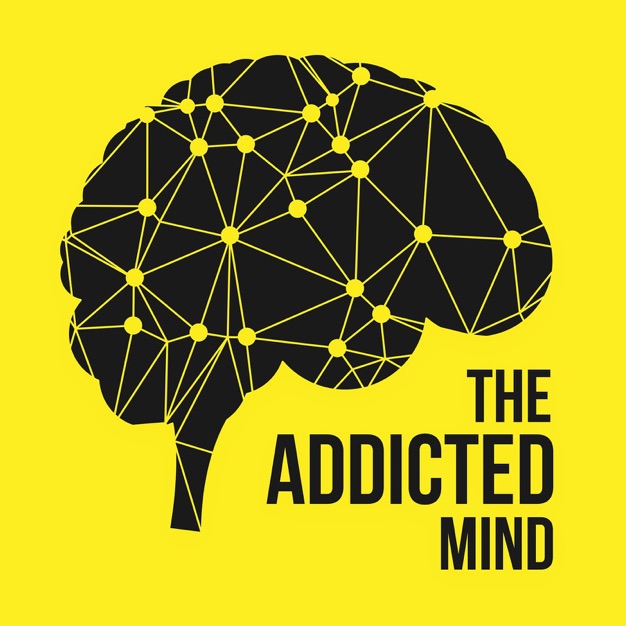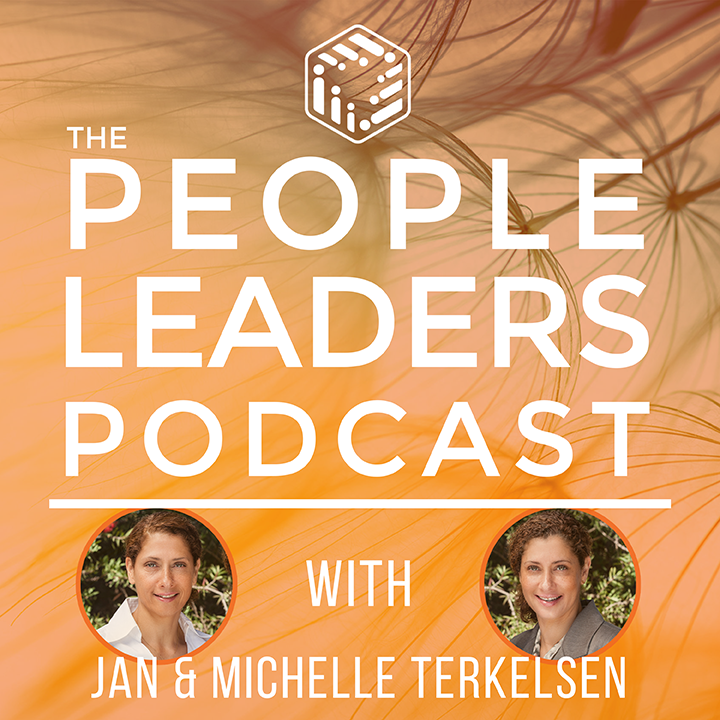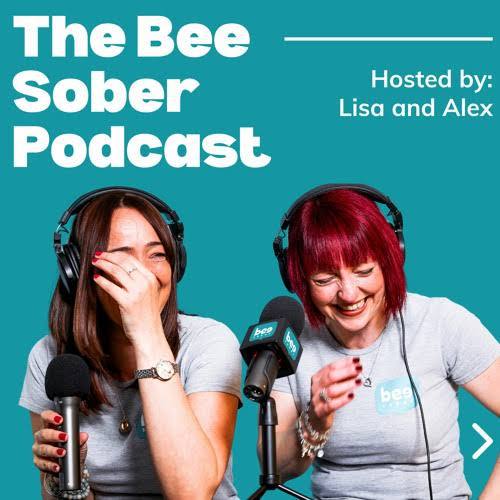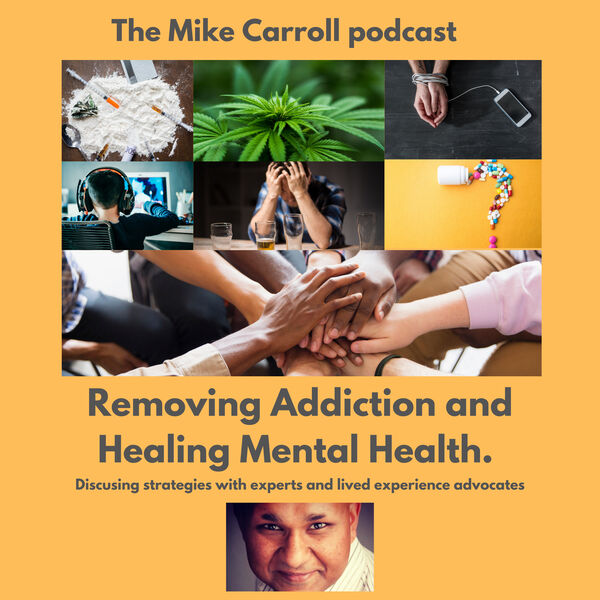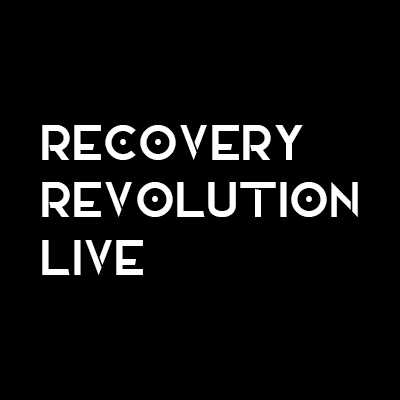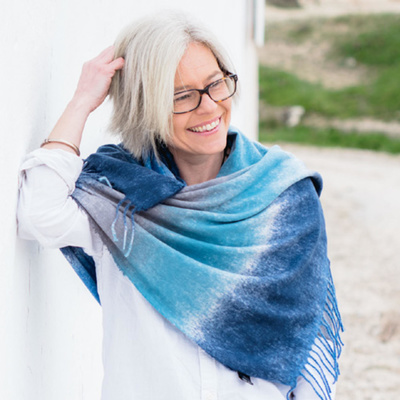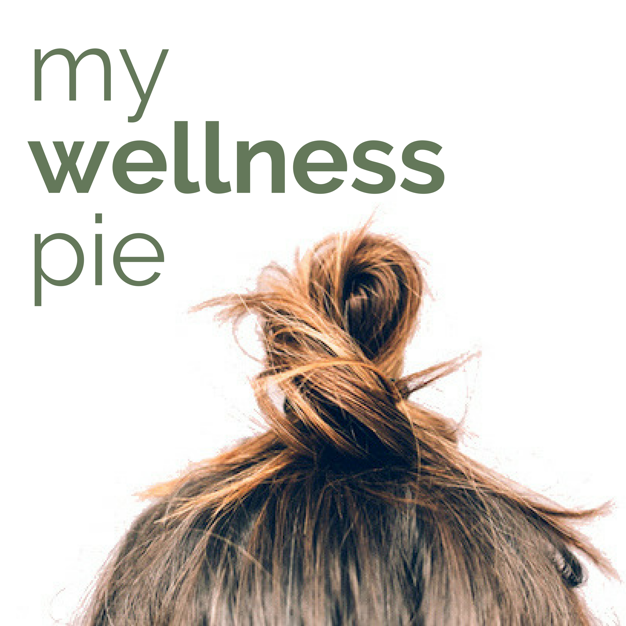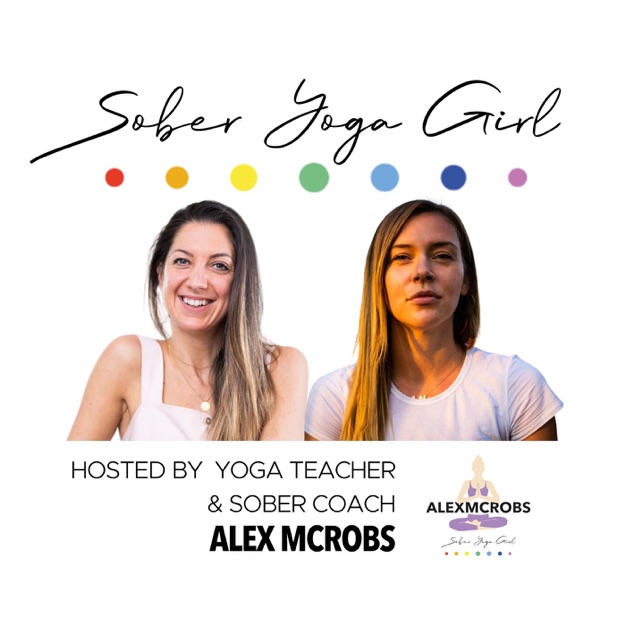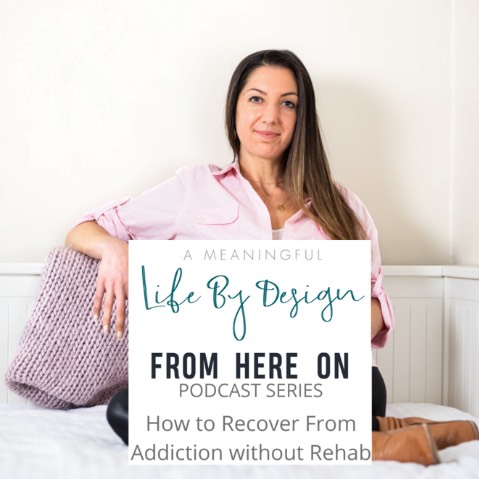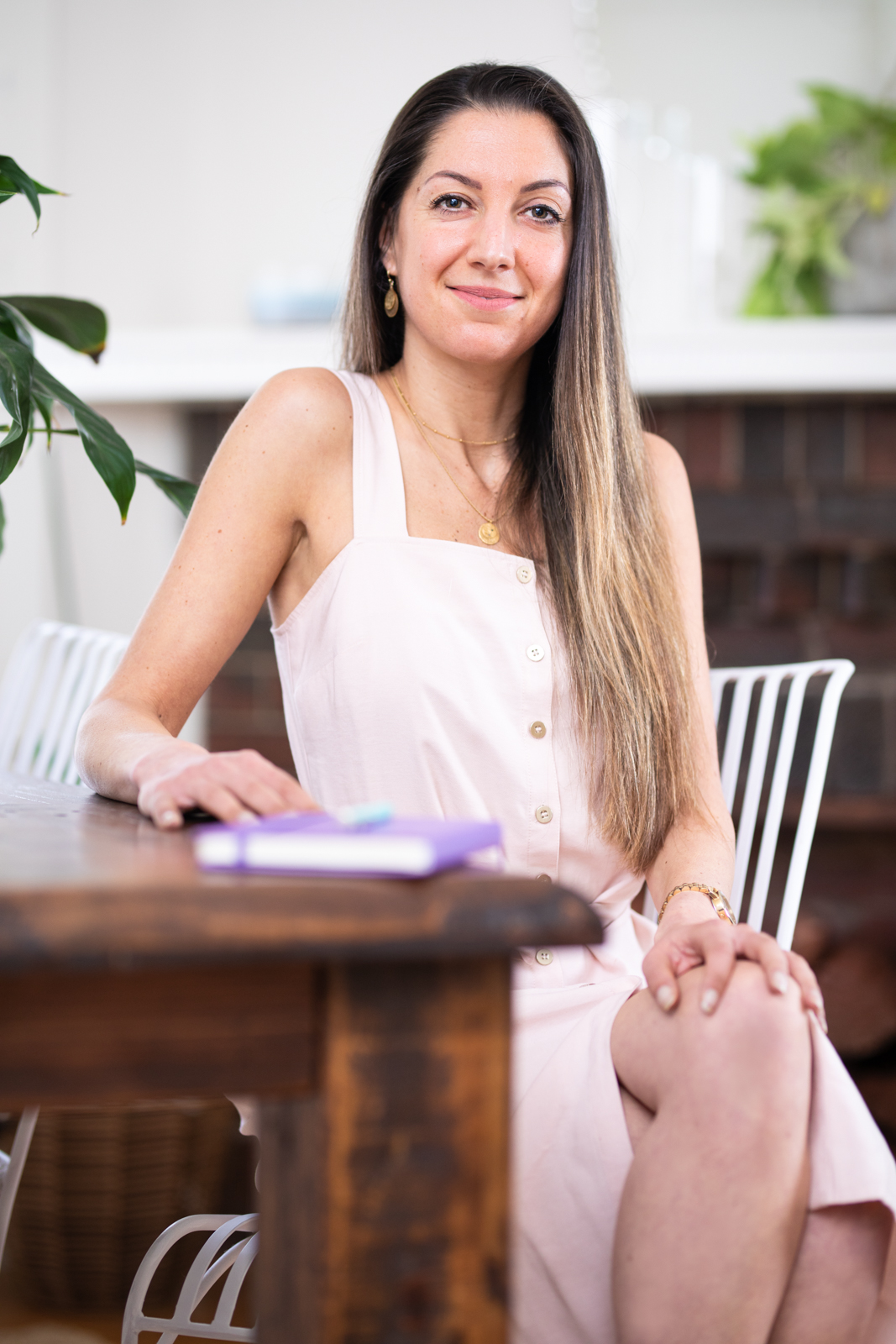
Hi, I'm Sophie.
At the heart of my approach is a firm belief in an individual’s capacity for growth. My process honours individuality and sessions are tailored to your needs, using a range of strategies for the best outcomes for you personally.
I am accredited and registered with the Australian Counselling Association, the largest peak body for counselling and psychotherapy in Australia.
I work with adults, teens and kids, including NDIS participants.
Some of my primary focuses are dependencies, grief, and anxiety, though I work with people on a range of other life challenges, too.
Appointments are available in-person in Milton and Nowra, or online.
Please get in touch if you are looking to work with someone deeply supportive, but who will also challenge you to help you grow. If you'd like to hear more about my experience and work, there are some podcast episodes below.
The parable
Feeding the right wolf is not merely the difference between a good or bad day.
An old Cherokee is teaching his grandson about life. “A fight is going on inside me,” he said to the boy. “It is a terrible fight and it is between two wolves. One is evil – he is anger, envy, sorrow, regret, greed, arrogance, self-pity, guilt, resentment, inferiority, lies, false pride, superiority, and ego.”
He continued, “The other is good – he is joy, peace, love, hope, serenity, humility, kindness, benevolence, empathy, generosity, truth, compassion, and faith. The same fight is going on inside you – and inside every other person, too.”
The grandson thought about it for a minute and then asked his grandfather, “Which wolf will win?”
The old Cherokee simply replied, “The one you feed.”
The moral of this story is quite obvious and gives everyone reason to pause and reflect. However, for those in recovery, feeding the right wolf is not merely the difference between a good or bad day. It can be life or death.
There are indeed two wolves. For those with a struggle of addiction, they are defined a bit differently: one is recovery and the other is a relapse.
Listen
Podcast Interviews
FAQs
Why have counselling/therapy?
Therapy brings more awareness into your conscious mind, so you can expand and grow from past experiences, and change unhelpful patterns and behaviours.
Today’s science estimates that 95 percent of our brain’s activity is unconscious, meaning that the majority of the decisions we make, the actions we take, our emotions, and our behaviours depend on the vast majority of brain activity that lies beyond conscious awareness. This modelling dictates our behaviour, confidence, self-esteem, resourcefulness, emotional state, resilience, values, morals, ethics and, fundamentally, our reality and the boundaries of who we are.
What are the benefits of counselling/therapy?
The aim of my therapy sessions is to help you develop more self awareness and reduce suffering in your life, in place finding ways to feed your good wolf and lead a life of purpose, meaning and joy.
The many benefits include
- developing more awareness of your behaviours, patterns and cycles
- learning evidence-based tools for behavioural change
- essential habit forming and goal setting skills
- developing a more balanced and holistic approach to life
- discovering effective strategies to help with emotional regulation
- mindfulness practices for stress reduction and resilience
- accountability and ongoing support.
How do I know if counselling/therapy is for me?
I provide counselling/therapy for individuals who are seeking a supportive and proactive therapist to stay aligned to what they want to achieve in life.
How do sessions work?
Sessions are in-person in Milton and Nowra, or online.
Each session is 60 minutes. However, if there is greater urgency for change, I offer 90 minute appointments.
I usually recommend therapy sessions to start as once a week for a minimum of 6 weeks, however fortnightly or monthly sessions can be suitable.
People are individuals, and each arrangement is unique and tailored to meet the goals you want to achieve. Many of my clients contract my services as a long-term, ongoing agreement. In our initial session, we will discuss the best option for you.
What is your approach?
I will help you identify your blind spots or triggers, and work with you to develop and strengthen a set of tools to keep you on track, even in the most challenging situations. I’ll also be there to ground you with support, guidance and accountability for when things feel tough.
My method includes evidence-based psychological and behaviour change methods, and neuroscience. I do not ascribe to one particular pathway – my approach honours individuality. I tailor our work together using a range of strategies for the best outcomes.
I help you dive deep into your purpose, your ‘raison d’être’, and your motivation for your journey. This helps you work out what you want, most importantly why you want it, and what could be stopping you, before we create a plan of action together.


